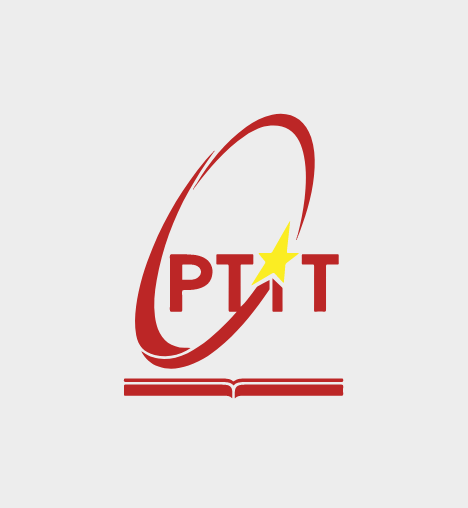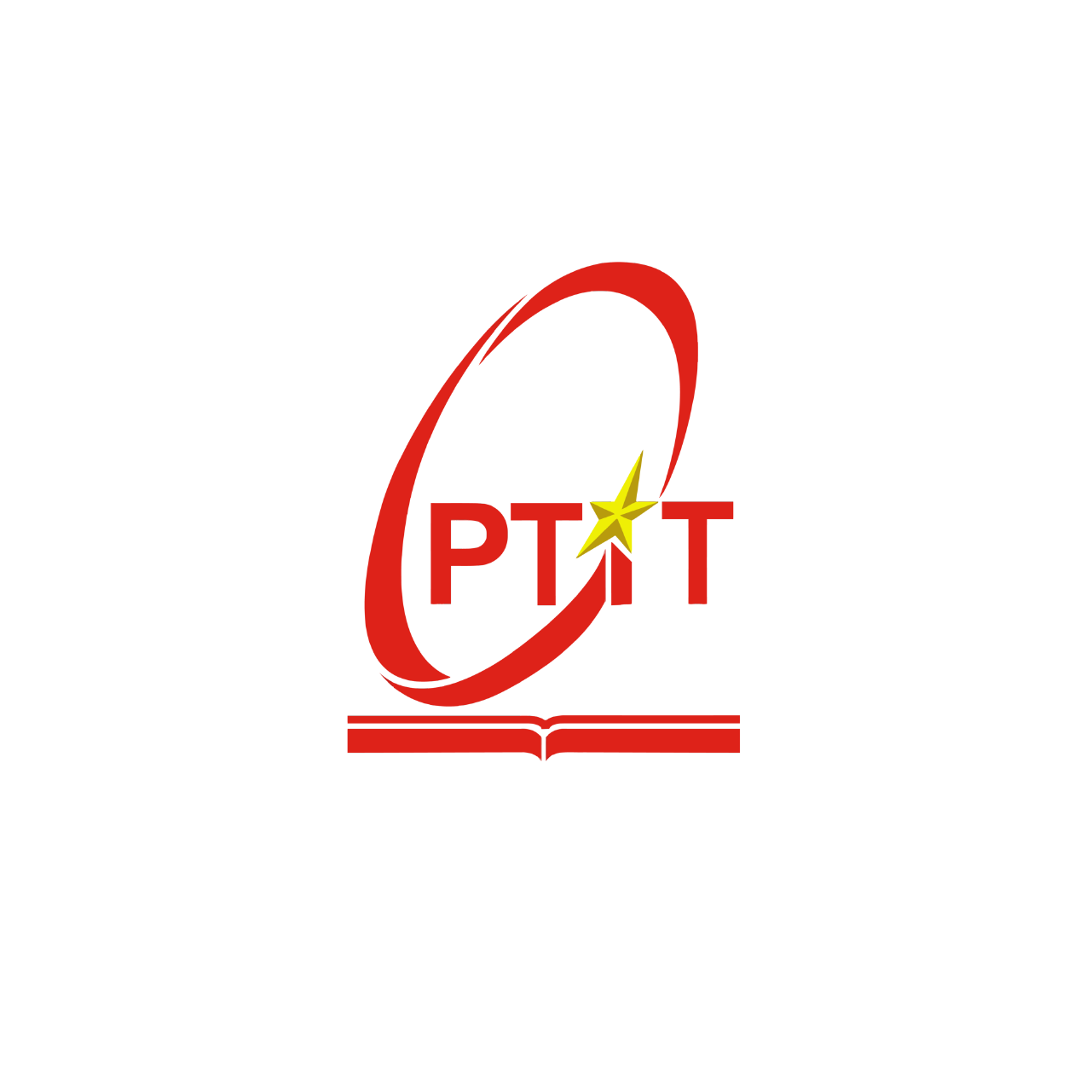
TS. Nguyễn Ngọc Điệp
Họ và tên:
Nguyễn Ngọc Điệp
Địa chỉ làm việc:
Học viện Công nghệ Bưu chính Viễn thông
Email:
diepnn@ptit.edu.vn
Link Profile:

Các môn giảng dạy

Hướng nghiên cứu
– Điện toán lan tỏa, Phương pháp học máy, An toàn thông tin

Quá trình đào tạo
– Đại học ngành: Điện tử – Viễn thông, Học viện Công nghệ Bưu chính Viễn thông (2003)
– Thạc sĩ ngành/chuyên ngành: Kỹ thuật điện và máy tính, Đại học California, San Diego (2008)
– Tiến sĩ chuyên ngành: Kỹ thuật điện và máy tính, Đại học Arizona, Mỹ (2013)

Kinh nghiệm (Nghiên cứu khoa học và công tác)
– 2006-2008: Nghiên cứu viên tại Viện Viễn thông và Công nghệ thông tin California, Hoa Kỳ
– 2008-2009: Nhân viên kỹ thuật tại Tập đoàn Broadcom, California, Hoa Kỳ
– 2009-2012: Nhà nghiên cứu sau đại học tại Phòng thí nghiệm mạng không dây và tiên tiến, Arizona, Hoa Kỳ
– 2012-2013: Kỹ sư nhân sự cấp cao tại Tập đoàn ARCON, Boston, Massachusetts
– 2013: Nghiên cứu sau tiến sĩ tại Đại học Arizona, Mỹ
– 2013-2015: Nghiên cứu viên về trong truyền thông không dây và điện toán di động tại Đại học Macquarie, Sydney
– Hiện nay: Giảng viên tại Khoa Viễn thông I, Học viện Công nghệ Bưu chính Viễn thông

Tạp chí khoa học (Các bài báo và hội nghị)
– Subject-Independent ERP-based BrainComputer Interfaces (IEEE Transactions on Neural Systems and Rehabilitationn Engineering – 2018)
– Efficient Zero-forcing Precoder Design for Weighted Sum-rate Maximization with Perantenna Power Constraint (IEEE Transactions on Vehicular Technology – 2018)
– Full-duplex MIMO Radios: A Greener Networking Solution (IEEE Transactions on Green Communications and Networking – 2018)
– Distributed Power Control in Single-stream MIMO Wiretap Interference Networks with Full-duplex Jamming Receivers (IEEE Transactions on Signal Processing – 2019)
– Optimal and LowComplexity Dynamic Spectrum Access for RF Powered Ambient Backscatter System with Online Reinforcement Learning (IEEE Transactions on Communications – 2019)
– Trust-based Scheduling Framework for Big Data Processing with MapReduce Trustbased Scheduling Framework for Big Data Processing with MapReduce (IEEE Transactions on Services Computing (TSC) – 2019)
– A Comprehensive Survey of Enabling and
Emerging Technologies for Social Distancing — Part I: Fundamentals and Enabling Technologies (IEEE Access – 2020)
– A Comprehensive Survey of Enabling and Emerging Technologies for Social Distancing — Part II: Emerging Technologies and Open Issues (IEEE Access – 2020)
– Federated learning meets contract theory: Energy-efficient framework for electric vehicle networks (IEEE Transactions on Mobile Computing – 2020)
– Machine Learning-Enabled Joint Antenna Selection and Precoding Design: From Offline Complexity to Online Performance (IEEE Transactions on Wireless Communications – 2021)
– A new perspective on small-scale treatment systems for arsenic affected groundwater (Environmental Technology & Innovation – 2021)
– Low-Complexity Iterative Detection for DualMode Index Modulation in Dispersive Nonlinear Satellite Channels (IEEE Transactions on Communications – 2021)
– Joint Speed Control and Energy Replenishment Optimization for UAVassisted IoT Data Collection with Deep Reinforcement Transfer Learning (IEEE Internet of Things Journal – 2022)
– Defeating SuperReactive Jammers With Deception Strategy: Modeling, Signal Detection, and Performance Analysis (IEEE Transactions on Wireless Communications – 2022)
– Frequency Hopping Joint RadarCommunications with Hybrid Sub pulse Frequency and Duration Modulation (IEEE Wireless Communications Letters – 2022)
– Joint power allocation and rate control for rate splitting multiple access networks with covert vommunications (IEEE Transactions on Communications – 2023)
– Time-sensitive learning for heterogeneous federated edge intelligence (IEEE Transactions on Mobile Computing – 2023)
– FedChain: Secure proof-of-stake-based framework for federated-blockchain systems (IEEE Transactions on Services Computing – 2023)

Sách

Học viên cao học

Nghiên cứu sinh




